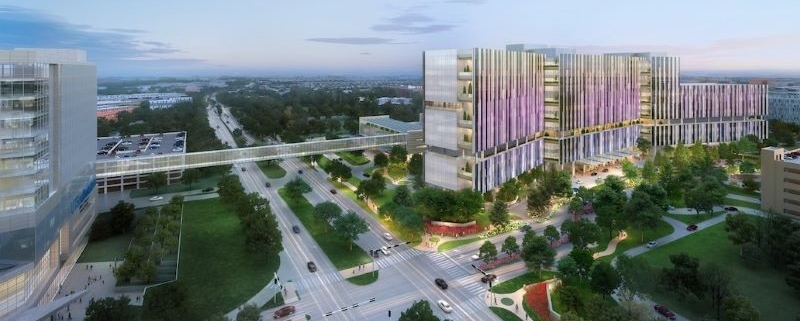Healthcare Property Advisors Launches HPA Exchange LLC To Offer Healthcare Real Estate Investments To Individual Investors
The new real estate investment sponsor will provide accredited investors with private placement opportunities anchored by medical properties and will initially focus on Section 1031 exchange offerings. The firm will target HRE within secondary growth markets that exhibit strong operating fundamentals, stable health system environments, and a growing aging population.




